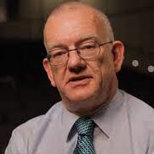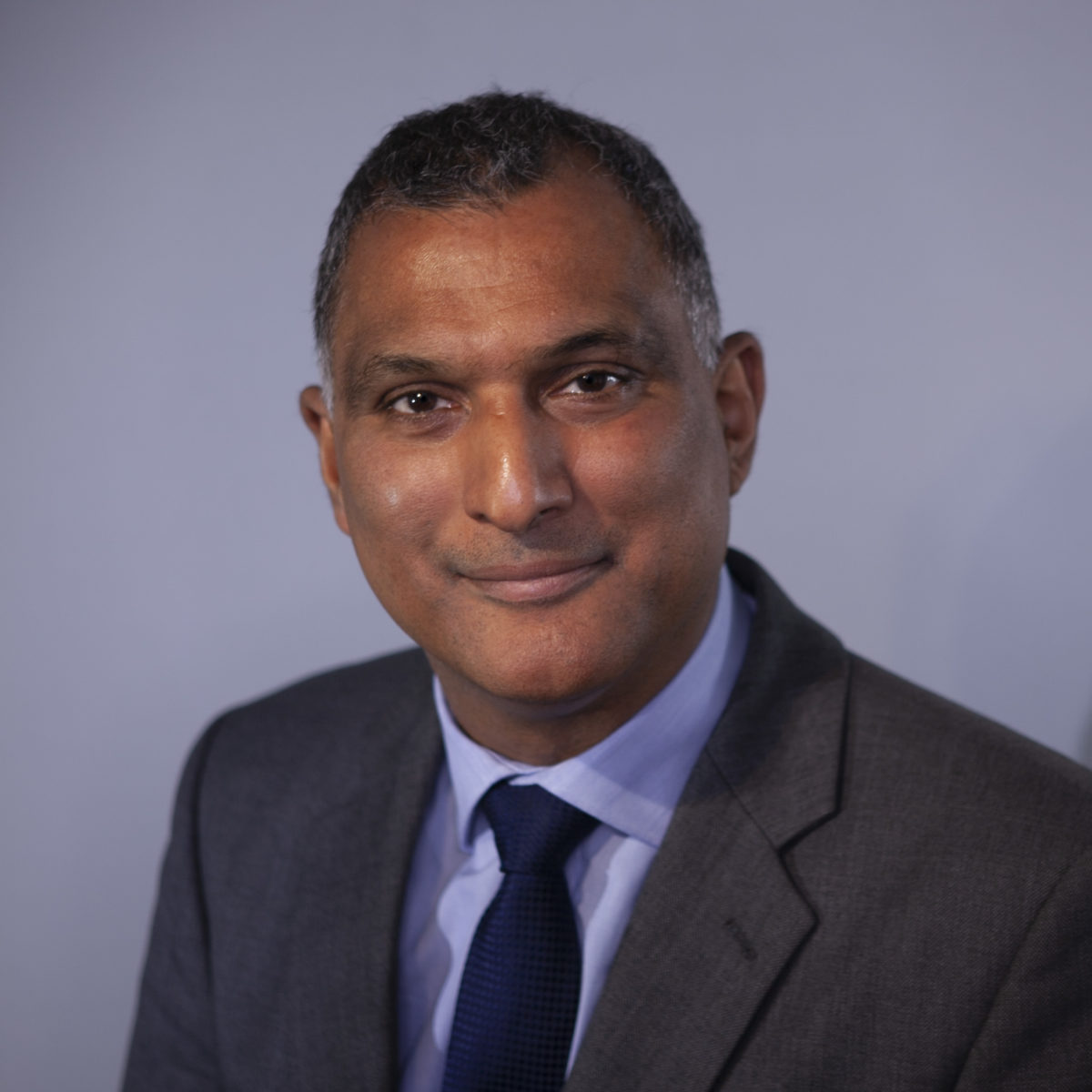Chinese puzzle: A classical liberal approach to post-pandemic relations with China
SUGGESTED



- Covid–19 is provoking a major reorientation of the foreign policy of the US and Europe. At the heart of this is their changing relationship with China.
- Before the Coronavirus there were concerns over the actions of the Chinese government, but the pandemic has given rise to fears of a new Cold War.
- These fears are based on out-of-date assumptions and a misunderstanding of China’s motivations: unlike the USSR it does not seek hegemony, nor to evangelise and export its political and economic system. Rather it acts out of self-interest and seeks to become both a model nation for developing countries to emulate and the dominant rule setter in the international trade and financial system.
- The strategy of constructive engagement or liberal internationalism is no longer working – but a more confrontational relationship with China could be economically costly and politically dangerous.
- There is an alternative to simple confrontation and military competition, one that could be more effective in promoting the goal of a freer and more peaceful world.
- The West may have to restrain sensitive trade and respond robustly to the Chinese government’s actions in Xinjiang, Hong Kong and against Asian neighbours. However, this approach could be supplemented with a programme of engagement between private individuals, organisations and firms in free societies with their counterparts in China.
- A strategy of organising more contact at a civil society level could lead to social and cultural changes that China’s current rulers will have to go along with or find much less easy to manage.
Fullscreen Mode





